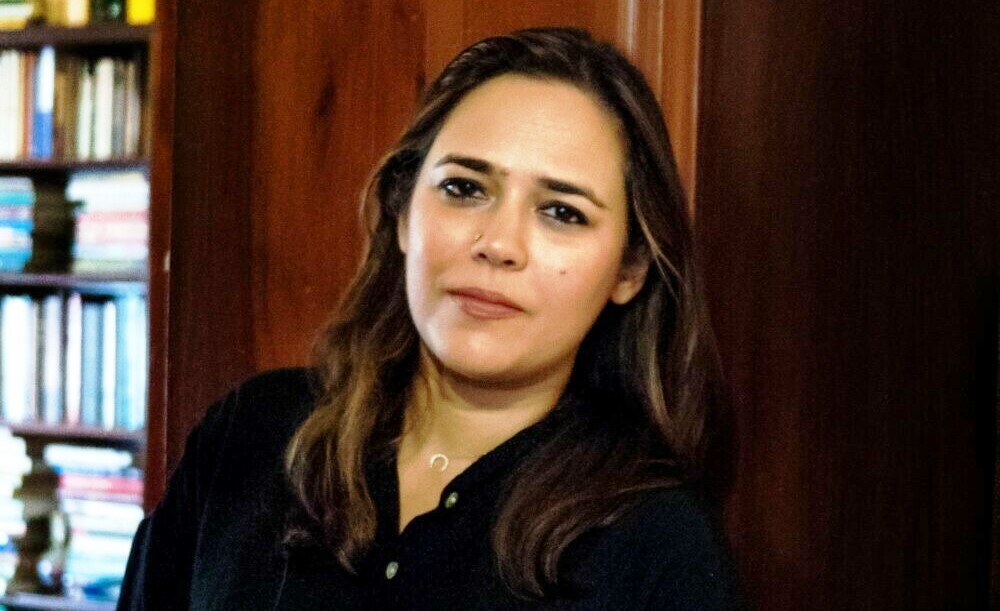Renowned director and producer Mehreen Jabbar has launched a scathing critique of Pakistan’s television industry, labeling its payment system as “deeply flawed” and “unprofessional.” Despite the sector’s expanding viewership and international acclaim, Jabbar revealed that artists and technicians face chronic payment delays, forcing them to “chase payments like beggars.” She contrasted this with structured payment schedules in the U.S., emphasizing how Pakistan’s ad-hoc approach harms credibility and morale.
The problem, according to Jabbar, spans all levels of production—from lead actors to lighting technicians and spot boys. “Every crew member has horror stories,” she said, stressing that channels and production houses routinely disregard financial obligations. Worse still, behind-the-scenes workers, already underpaid and lacking union protections, bear the brunt of this exploitation. “They do the hardest work but have no rights or job security,” Jabbar lamented.
While high-profile actors can negotiate or shift to other markets, most crew members remain trapped in this cycle. Jabbar, with over three decades in the industry, expressed frustration at the lack of progress. “Working here has become more disheartening,” she admitted, noting that only brand-funded projects—with corporate oversight—operate efficiently. Mainstream dramas, however, continue to suffer from mismanagement and financial negligence.
Her remarks underscore a grim reality: Pakistan’s TV industry, despite its glossy façade, relies on systemic worker exploitation. Jabbar’s disillusionment mirrors broader concerns about unsustainable practices. “Things have gotten worse, not better,” she said, doubting if meaningful reform is even possible. The critique serves as a wake-up call for an industry at risk of losing talent to fairer, more professional environments.














